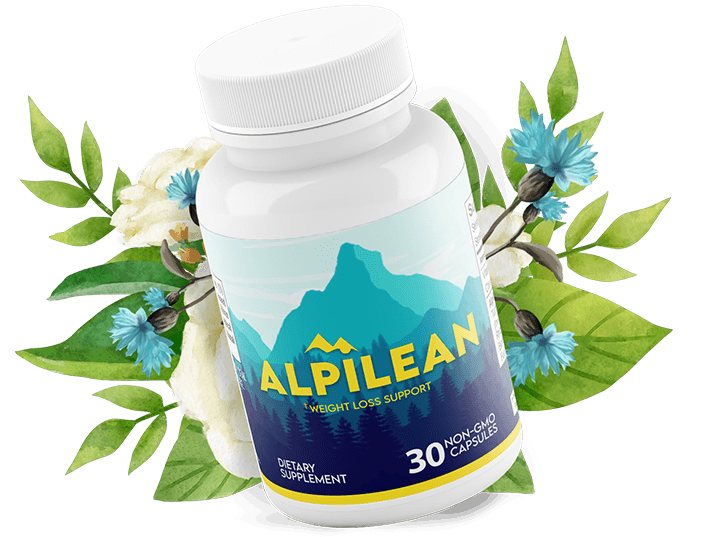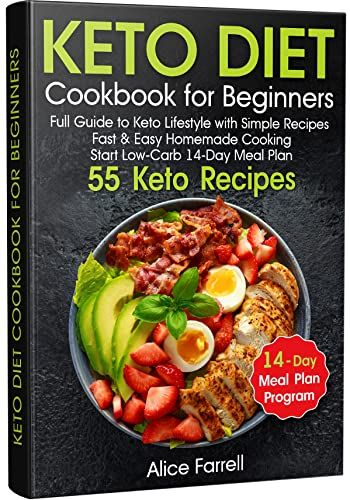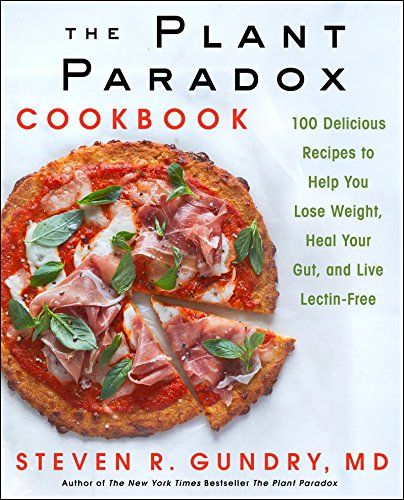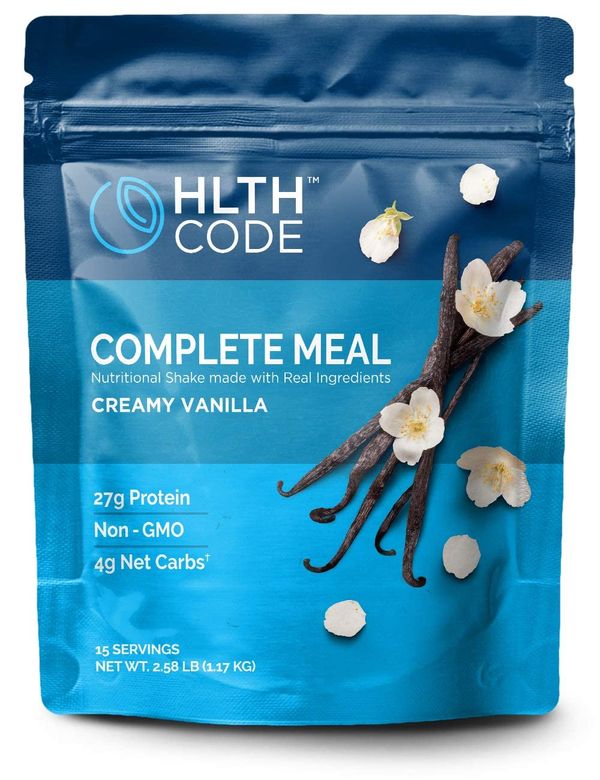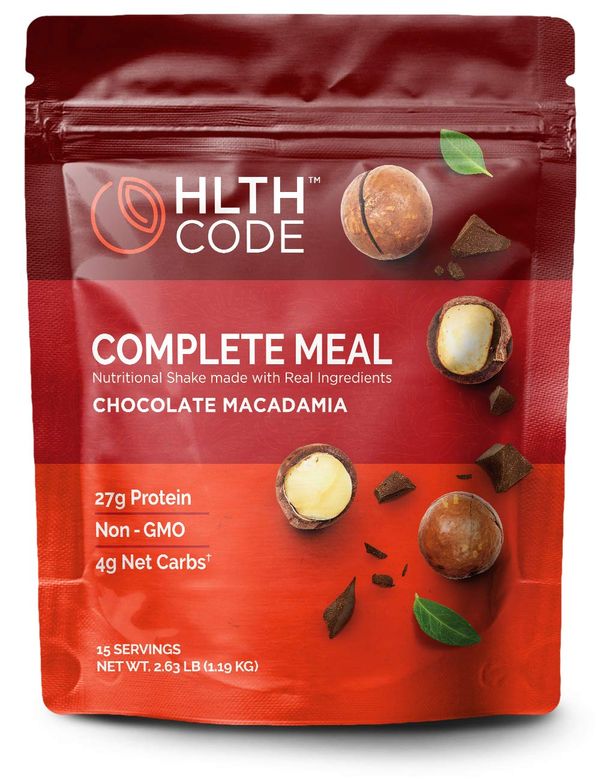Top 10 Keto Diet Questions
The best fat burner for women. The keto diet is a great option for those looking to make long-term changes in their lifestyle. It involves significantly reducing carbohydrates and increasing fat intake, allowing your body to burn fat as its primary energy source. This results in a wide range of health benefits, such as improved blood sugar control and decreased inflammation. Additionally, the keto diet is low in processed foods, so it can help reduce your risk of chronic illnesses such as diabetes or heart disease.
As someone who has suffered from insulin resistance and being a pre-diabetic I recommend the keto diet for anyone who wants to achieve lasting health improvements without sacrificing delicious meals. With careful planning and proper nutritional guidance from an experienced professional, you can easily reap all the benefits of the keto diet while still being able to eat meals that don't taste like cardboard lol.
Let's look at some of the most asked questions that surround the keto diet. Here are the top 10 questions asked about the keto diet.
Get Faster Weight Loss Results Check Out Alpilean Below!!!
What is the ketogenic diet?
How does the keto diet work?
What foods can I eat on the keto diet?
How many carbs can I have on the keto diet?
Can I eat fruit on the keto diet?
How much protein can I have on the keto diet?
What are the potential benefits of the keto diet?
Are there any risks or side effects of the keto diet?
How long does it take to enter ketosis on the keto diet?
Can I still do the keto diet if I have a medical condition?
Let's go through them one by one.
1. The ketogenic diet is a low-carbohydrate, high-fat diet that triggers ketosis and encourages your body to burn fat for energy instead of glucose. Well, if I may, allow me to paint you a picture of the ketogenic diet. It's a low-carbohydrate, high-fat way of eating that shifts your body into a metabolic state called ketosis. During ketosis, your body burns fat for energy instead of glucose. Now, why is this important, you may ask? Well, by relying on fat for fuel, the ketogenic diet can promote weight loss, improve blood sugar control, and even potentially help with neurological conditions like epilepsy. So, there you have it. The ketogenic diet, a dietary approach that could have some promising health benefits.
2. The keto diet works by changing your metabolism from burning carbohydrates to burning fat as its primary fuel source. Well, let me tell you something. Ketones are like little powerhouses for your body. You see, when you're on a ketogenic diet and your body enters a state of ketosis, it starts burning fat for fuel instead of glucose. And in the process, it produces ketones. Now, these ketones are an incredibly efficient source of energy for your body, providing a steady stream of fuel to keep you going throughout the day. So, to put it simply, ketones are a good source of fuel for your body because they're highly efficient and reliable. And that's why so many people are turning to the ketogenic diet as a way to improve their health and wellbeing
3. Foods you can eat on the keto diet include: Now, let me tell you about some of the foods that you can enjoy while on the ketogenic diet. First up, we have non-starchy vegetables, which are packed with important vitamins and minerals, while being low in carbs. Then, we have some good quality fats such as creamy avocado and healthy coconut oil, which provide essential fatty acids for the body. And let's not forget about nuts and seeds, which are crunchy and satisfying while also being low-carb. Seafood is also a great option as it's high in protein and healthy fats. And finally, for those who tolerate dairy, cheese and plain Greek yogurt can be included in moderation. These are just a few examples of the delicious and healthy foods that you can enjoy while following a ketogenic diet
4. On a keto diet you should aim for under 50 grams of carbohydrates per day. On a ketogenic diet, limiting your carbohydrate intake is crucial to achieving and maintaining a state of ketosis, where your body burns fat for fuel instead of glucose. By restricting your carb intake to under 50 grams per day, your body is forced to turn to fat as its primary energy source, producing ketones that provide a steady stream of fuel to your cells and brain.
Exceeding the recommended daily carb limit can kick you out of ketosis, stalling your weight loss progress and undermining the other health benefits of the keto diet. So, keeping your carb intake under 50 grams per day is an essential component of the ketogenic diet, and a key factor in achieving optimal health and wellness.
5. You can eat some fruits on keto, but it is best to stick with lower carb options such as berries and citrus fruit or cut them out completely if you are aiming for ketosis.
6. On keto you should aim for around 0.8-1 gram of protein per kilogram bodyweight per day so a 150lb person would consume between 54-68g of protein daily.
7. Potential benefits of the keto diet include improved mental clarity, increased energy levels, reduced hunger cravings, better blood sugar control, and improved cardiovascular health due to decreased inflammation in the body.
8. The keto diet can cause short-term side effects such as nausea, fatigue, keto flu and constipation. The ketogenic diet has become a popular way to lose weight and improve health, but like any diet, it may cause side effects. Some people experience symptoms when they start a keto diet, commonly known as the "keto flu."
The keto flu can occur within the first few days of starting a ketogenic diet and may last up to two weeks. Symptoms of the keto flu include headaches, fatigue, brain fog, dizziness, irritability, nausea, and difficulty sleeping. These symptoms may be caused by a shift in the body's metabolism as it adapts to burning fat instead of glucose.
Another common side effect of the keto diet is constipation, which can be caused by a lack of fiber in the diet. The keto diet is typically low in carbohydrates, which are a primary source of dietary fiber. To prevent constipation, it is important to include high-fiber foods such as non-starchy vegetables, nuts, and seeds in the diet.
Dehydration is also a potential side effect of the keto diet, as the body excretes more water and electrolytes when in ketosis. It is important to drink plenty of water and electrolyte-rich beverages such as bone broth or sports drinks to prevent dehydration
9. It can take anywhere from 2 days to 2 weeks for someone to enter ketosis depending on their individual metabolism.
10. If you have a medical condition such as diabetes or heart disease it is important that you speak with your doctor before starting the keto diet as it can affect medications and other treatments related to the condition. Additionally, keto is not recommended for pregnant women or those who are breastfeeding due to its high fat content.
Get Your FREE Keto Cookbook Below!
One of my favorite doctors on the subject is Dr.Steven Gundry. One of the best in the business in my opinion. His Innovative approach to research on this subject has changed my life. Check out some of his tips below!
Dr. Steven Gundry is a cardiologist and author who has been researching and writing about nutrition and health for many years. He has published several books on the topic, including "The Plant Paradox" and "The Longevity Paradox," which discuss the benefits of a diet low in lectins, which are proteins found in many plants. He has also written about the ketogenic diet and its potential benefits.
Dr. Gundry is a licensed physician and has been in practice for several decades, during which he has helped many patients improve their health through dietary and lifestyle changes. He has also been featured in several media outlets discussing his research and ideas about health and nutrition.
Here Are Some Tips From DR. Steven Gundry
Dr. Steven Gundry, a cardiologist and author, has provided several pieces of advice for those following the ketogenic diet:
- He recommends limiting carbohydrate intake to less than 50 grams per day to achieve and maintain ketosis.
- He suggests avoiding fruits as they contain sugar and can kick you out of ketosis.
- He recommends that protein intake should be moderate, not high, as it can kick you out of ketosis.
- He recommends consuming healthy fats such as coconut oil and olive oil, and avoiding processed foods.
- He suggests consuming fermented foods such as yogurt and kefir, as they can help improve gut health.
- He advises people with certain medical conditions, such as diabetes or kidney disease, to consult a physician before starting the keto diet, as it may not be appropriate for them.
- He advises to be cautious with the long-term safety and effectiveness of the diet as it is not yet known.
- Dr. Gundry advises to take the time to educate oneself about the diet and its potential risks before starting.
- He suggests to monitor your blood sugar levels regularly and adjust your diet accordingly.
- He advises to incorporate regular physical activity as it will aid in weight loss, improve blood sugar control and overall health.
Get His Best Selling Cookbook FREE Below!
It's important to note that Dr. Gundry's advice may not be suitable for everyone, and should be discussed with a physician before implementing any drastic changes in your diet. It's also important to keep in mind that not all research and advice aligns with the mainstream scientific consensus on a given topic and it's important to consult with a qualified healthcare professional, such as a registered dietitian, before making any changes to your diet.
In conclusion. Always consult the physician before making any dietary changes. None of the information provided in this article are meant to be given as dietary advice. Or used as medical advice. We are not doctors. We're just merely trying to provide the latest information on the keto diet. Also, we're giving Some access to meal plans to help you make better choices on what to eat. If you're anything like me, when I first started the keto diet, I was at a loss for what to eat? What's OK? It was making me crazy. I would've loved to have had a book guiding me on what to eat and what was OK to eat, how often to eat yada yada yada. So check out some of our links. Read some of the books. Get the information. Do your own research. And cheers to have anything healthier life.
What Other People Are Asking About The Keto Diet
What is the #1 keto mistake?
Well, my dear friend, the number one mistake people make on the keto diet is not getting enough electrolytes. As your body transitions into a state of ketosis, you may experience a depletion of essential electrolytes, such as sodium, potassium, and magnesium. Without proper replenishment, you can experience unpleasant symptoms such as fatigue, muscle cramps, and headaches. So, it is important to make sure you're consuming enough electrolytes while following a ketogenic diet.
What are the biggest keto mistakes?
The ketogenic diet can be a powerful tool for weight loss and improving health, but like any diet, there are some common mistakes that people can make. The biggest keto mistakes include:
- Not tracking your carb intake: The key to getting into and staying in ketosis is keeping your carb intake low. If you're not tracking your carb intake and are unknowingly eating too many carbs, you may not see the results you're looking for.
- Eating too much protein: While protein is an important part of the ketogenic diet, eating too much can kick you out of ketosis. This is because excess protein can be converted into glucose in the body.
- Not drinking enough water: When you're on the ketogenic diet, your body will be burning through fat stores, and this can lead to dehydration. It's important to drink plenty of water to avoid this.
- Not getting enough electrolytes: When you cut carbs, your body will excrete more electrolytes, which can lead to symptoms like headaches, fatigue, and muscle cramps. To avoid this, it's important to make sure you're getting enough sodium, potassium, and magnesium.
By avoiding these common mistakes and staying committed to the ketogenic diet, you can achieve your health and weight loss goals.
What is the most important thing in keto diet?
The most important thing in the keto diet is maintaining a state of ketosis, achieved through limiting carbohydrate intake and increasing healthy fat consumption. When the body is in a state of ketosis, it burns fat for energy instead of glucose, leading to weight loss and other health benefits. However, it is crucial to maintain a proper balance of macronutrients and to ensure adequate vitamin and mineral intake for optimal health.
What are 3 risks of a ketogenic diet?
While the ketogenic diet can have many potential benefits, there are also several risks that come with following a diet that is extremely low in carbohydrates. Here are three such risks:
- Nutrient deficiencies: Because the keto diet restricts many types of foods, particularly carbohydrates, it can be difficult to get all the nutrients your body needs to function optimally. Some people on the diet may not consume enough fiber, vitamins, and minerals, leading to deficiencies that can affect their overall health.
- Dehydration and electrolyte imbalances: When you restrict carbohydrates, your body produces less insulin, which can cause your kidneys to excrete more water and electrolytes. This can lead to dehydration and imbalances in important minerals like sodium, potassium, and magnesium.
- Increased risk of heart disease: While some research suggests that the keto diet may improve cholesterol levels, other studies have found that it can increase levels of LDL or "bad" cholesterol, which is a risk factor for heart disease. Additionally, consuming large amounts of saturated fats, which are common in many keto-friendly foods, may also contribute to heart disease risk.
It's important to remember that everyone's body is different and what works for one person may not work for another. If you're considering the ketogenic diet, it's important to speak with a healthcare professional to determine whether it's safe and appropriate for you.
Is cheese OK on keto?
Oh, absolutely. Cheese is a great source of healthy fats and protein and can be a delicious addition to a keto diet. However, it's important to pay attention to portion sizes, as cheese can be high in calories and easily overeaten.
Can one cheat day kick you out of ketosis?
Ah, yes. A cheat day can potentially kick you out of ketosis, depending on the amount and type of food consumed. Consuming too many carbs in one day can lead to a spike in blood sugar and insulin levels, which can kick you out of ketosis. However, some people are able to maintain ketosis even with occasional cheat meals, but it's best to avoid them if possible.
What has fat but no protein keto?
That's an interesting question. Some foods that have fat but no protein and can be included in a keto diet include oils such as olive oil or coconut oil, avocado, and nuts such as macadamia nuts or pecans.
What happens to your body 1 week on keto?
After one week on a keto diet, the body enters a state of ketosis, which means it's using fat for energy instead of glucose. This can lead to a decrease in appetite and cravings, as well as initial weight loss due to the body using stored fat for energy. However, some people may experience the keto flu, which can include symptoms such as headaches, fatigue, and irritability.
What's the best keto breakfast?
h, there are so many delicious and healthy keto breakfast options! Some popular options include eggs with avocado and bacon, a spinach and feta omelet, or a chia seed pudding with nuts and berries. It's important to focus on high-protein, high-fat options that are also low in carbs.
Who benefits the most from keto diet?
The keto diet can be beneficial for many different people, but those who may benefit the most include individuals with type 2 diabetes, obesity, metabolic syndrome, or those looking to lose weight or improve their overall health.
What are 5 benefits of the keto diet?
Ah, some benefits of the keto diet include weight loss, improved insulin sensitivity, increased energy levels, improved brain function, and a decreased risk of certain diseases such as type 2 diabetes and some cancers. However, it's important to consult with a healthcare professional before starting any new diet to ensure it's safe and appropriate for your individual needs.
Thank you for reading reviews on laruesreviews.com. We appreciate your commitment to researching keto diet information before making any dietary changes. Our goal is to provide the most accurate and up-to-date keto diet information so that you can make an informed decision about what's best for your health and wellness goals. We hope you found the keto diet content helpful, insightful and informative. Thank you again for taking the time to read our reviews!!!!



